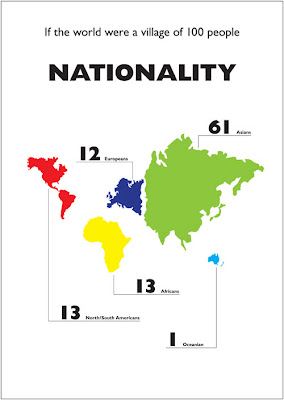Data have an incredible argumentative potential. Data can be produced, filed, saved, evaluated, spread, sold, aggregated, falsified, interpreted, transmitted, protected, processed and combined. Data show relations, support theses and disprove assumptions. Data can also change over the time and become a trend, which warns of the future or predicts better times. That means that data can have a prognostic potential (1). But the essence of this book is that the production, storage and distribution of data has changed increasingly in the 20th century. Therefore this books tries to present the history of data. It shows the development of databases, the table as a paradigm for data processing, the rise of data management systems, the problems with police and population registers, and many other topics. The different contributions, with the main focus on data, examine the aspects of knowledge storage and knowledge distribution-technology in a historically context.
The first article, written by David Gugerli, gives an insight into the world as a database. To introduce this topic Gugerli uses a trivial example - the CSI series. With this example and other references Gugerli tries to answer the question of the connection between the development of databases and the change of the signifying practices of an epoch. Therefore, it is necessary to determine the user context, to understand the history of computers and software instead of the hardware. So he did - in an interesting and illustrative way.
The second article is about the rise and fall of the table as a paradigm of the data processing. The conclusion of Krajewski’s chapter is: the format of a data processing process determines the functionality of its medium. That means that the format channels the data stream and determines the control of the saved or processed information. This guiding principle is illustrated by two aspects of the data processing history. Firstly the transition of the index card to the punch card and secondly the transition of a relational database into a object-oriented database.
The third article shows the foundation of nearly all information systems, the data management system. Haigh makes clear that databases are an aggregation of electronical data which are managed by an data management system. So a database is the content of a data management system. After defining the topic Haigh produces a detailed description of the history of such systems.
The fourth article is about the computerization of the society. That is why Linhardt focuses on the collective sensitization for the protection of personal data and the politicization of the informational question. Therefore Linhardt compares the development in france and germany to examine constitutional elements of general legal principles and of the state.
The fifth and last article shows the development of data. Rheinberger does so by giving an insight into the bio-informatics. Bio-informatics is, referring to Rheinberger, an important platform which has developed parallel to the genomics. This field is important because data processing on a large scale, which requires the genome research, would not be possible. Bio-informatics are that’s why looking for useful and standardized schemes that should manage huge data pools and should be searchable under special conditions.
These book offers even more articles to illustrate the history of data. It is written in an understandable way, that means it is also accessible for beginners of this field. However, I can also recommend it to experts who are looking for answers about the role of particular technologies in the history or about the influence of special events in the last century.
References:
(1) Gugerli, D., Hagner, M., Hampe, M., Orland, B., Sarasin, P. & Tanner, J. (2007). Nach Feierabend. Züricher Jahrbuch für Wissensgeschichte, Bd. 3. Zürich: diaphanes.




















